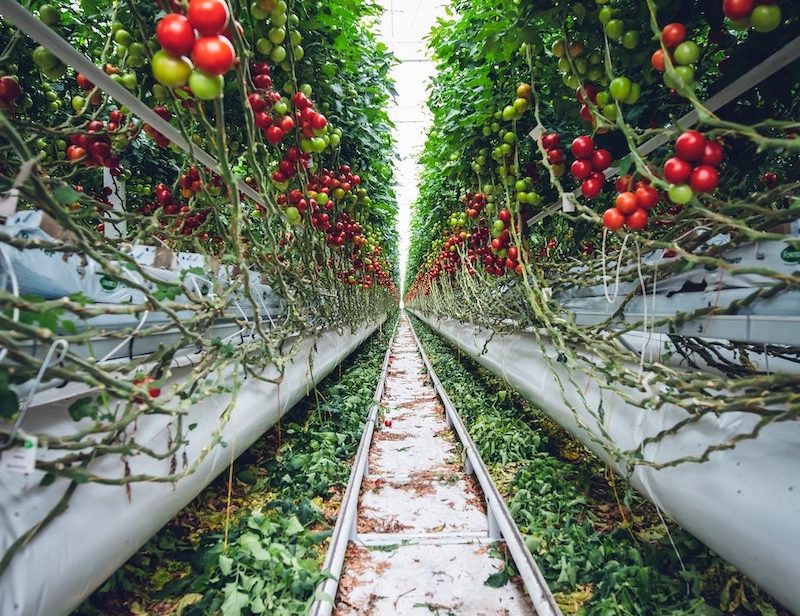It’s sometimes hard to be hopeful about the future. But there’s plenty of good news if you know where to look. Researchers are constantly seeking sustainable solutions. And they hope their ideas will improve lives, particularly for those in marginalised communities. Here are for sustainable innovations to lift your spirits and give you hope for a brighter future.
Solar panels made from food waste
Carvey Ehren Maigue has invented a new type of solar panel called The AuReus system. The panels use luminescent particles from waste fruit and vegetables. While traditional solar panels rely on direct sunlight, these absorb UV light, making energy even on cloudy days. Users can apply them to windows and walls to capture UV rays from buildings and even pavements. Maigue hopes this will help farmers affected by severe weather.
Vertical farms
Land use accounts for 23% of man-made greenhouse gases. One solution is vertical farming. Vertical farms stack several layers of produce on top of each other. And they’re usually undercover which reduces or eliminates the need for pesticides. Most vertical farms use energy-efficient LED lighting and low-carbon heating technologies. And some use aeroponics or hydroponics, removing the need for soil altogether. This prevents soil damage and saves water. It’s excellent news for developing countries with scarce resources.
Preventing plastic pollution
Did you know that whenever a car brakes, turns or accelerates, it creates microplastic? This is a huge source of microplastic in the ocean. But the Tyre Collective has a solution. The company has produced a device that attaches to your tyre. It uses an electrical charge to suck up the plastic particles, preventing them from entering the environment. Currently, it’s about 60% efficient. But the company plans to increase efficiency and integrate the device on electric vehicles in the future.
Waste-powered planes
Aeroplanes contribute to 2.5% of global greenhouse emissions. And food waste makes up 6%. Now scientists are using rotting food and sewage to power planes! Not only does this reduce waste. One study shows that it can reduce greenhouse gas emissions by a whopping 165%. The process could also reduce the high energy cost of spoiled food disposal and other wet waste.
Science and innovation play a crucial part in sustainability. And pioneers continue to develop sustainable innovations for the world’s most pressing environmental challenges. At OPOH, we love to keep up to date with good news. So please log in and share your sustainable stories with us.

